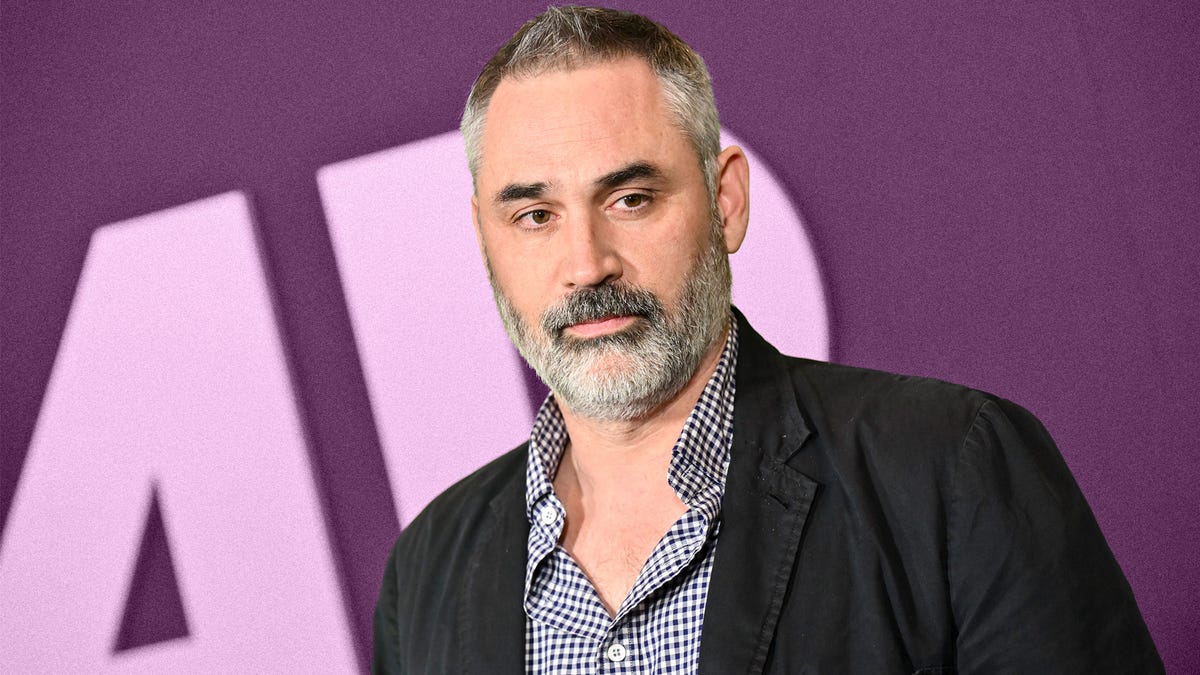What In Tarnation Are Texas Power Companies Hiding?


Getting to the bottom of last month’s deadly Texas blackouts will take time and careful research. But the state’s grid operator is making it tough to get answers.
Local Houston station KHOU reported last week that “numerous” requests for information on the Texas blackout crisis that media companies filed with the Electric Reliability Council of Texas, or ERCOT, have been repeatedly blocked as power companies claim that the information is too sensitive to be made public.
Among the information requested by media companies, KHOU reported, was more context on companies’ weatherization plans. Following a 2011 deep freeze that caused another, smaller power crisis, regulators told utilities that they should weatherize their grid—but didn’t really check to see if anyone had followed their instructions (which, to be clear, were voluntary). As February’s crisis made clear, it sure seems like power companies didn’t take them up on the advice.
It’s not just media companies getting the cold shoulder. State Sen. Carol Alvarado told KHOU that she’d requested the travel expenses for ERCOT board members, many of whom used to live out of state, following the crisis—but her office received information that was three years old, useless to any sort of investigation into what happened.
G/O Media may get a commission
“We are processing requests under the PUC rules as quickly as possible and waiting for the Texas Attorney General to issue an opinion on whether the Texas Public Information Act applies,” a ERCOT spokesperson told KHOU.
The February cold snap plunged the Texas grid and power providers into a series of scandals so drawn out that it’s hard to imagine what, exactly, they might be afraid could still become public. The CEO of ERCOT was kicked out of the company earlier this month, while all of the Public Utility Commission of Texas’ commissioners have also resigned in the wake of the blackouts—including the last standing commissioner who was caught on a call two weeks ago promising out-of-state bankers who raked in hundreds of millions off of the crisis that he’d work to help them keep their cash.
ERCOT is facing charges that it artificially inflated prices during the crisis and overcharged energy companies $16 billion. Griddy, one of the state’s wholesale power providers, is facing a $1 billion lawsuit over claims it gouged prices and a different suit from the state’s attorney general over false advertising. (Both Griddy and the state’s largest power cooperative, Brazos Electric, have filed for bankruptcy.) Many residents, meanwhile, have been left with five-figure bills that may end up being baked into energy prices for decades to come.
“It’s such a cesspool,” said Ed Hirs, an energy economist at the University of Houston. “I’m happy to be on the record [saying] that.”
Hirs said that there are a couple pages in ERCOT’s lengthy operating manual that do skim over what is considered “protected” information that could do harm to utilities if it’s made public. But he suspects that the companies’ hesitancy to have information made public is far simpler.
“I think what’s driving this is every major law firm in the state and the country has lined up to sue ERCOT and many of the utilities on the grid,” Hirs said. “Right now, law firms are looking for the companies that profited from the debacle, and they’re looking for those that have a positive balance sheet.”
The suits have already started coming. In addition to the two aforementioned lawsuits against Griddy, the family of a Dallas man who died of hypothermia in his home during the blackouts filed suit in mid-March against ERCOT and Oncor Energy Delivery, the electric provider in his area. At least 111 people died during the storm. The looming legal crisis at several levels, Hirs noted, could prove incredibly expensive for ERCOT and power providers.
But there’s a reason beyond lawsuits that put all this information in the open matters. Hirs said that transparency from companies is necessary for the Texas legislature to take on the daunting task of figuring out how to right the ship, assign accountability, and preventing another disaster like this from occurring.
“With this lack of information, you really have to question how the legislature can address these problems?” Hirs said. “You really need to kind of parse through these [requested documents] and determine which of the three possibilities occurred: Were [power companies] all just incredibly incompetent, were they dishonest, or was it a combination?”
The Energy and Policy Institute, which monitors utilities and energy companies, has also requested documents from PUCT around where energy companies decided to prioritize keeping the lights on and where they cut the power. The organization’s executive director, David Pomerantz, said in an email that while many utilities publicly balk on exposing information and cite security concerns, it’s not a valid excuse.
“To the extent there are valid security or other concerns, the PUCT could selectively redact sensitive information while still providing to the public the vast majority of the data requested by us and others, which would help the public and policymakers better understand what happened and how to prevent similar catastrophes from recurring,” Pomerantz said. “Note that being embarrassed for doing your job poorly is not a valid reason to disobey state open records laws.”
And while Texas may be in the spotlight now, the reluctance to expose information that could hurt them is baked into the way electric utilities operate in the U.S.
“This refusal to abide by state public record laws is not unique to Texas,” Pomerantz pointed out. “Many state utility regulators, to their credit, are great about complying with the law and providing the public with the records to which we are entitled so that we can better understand the functioning of our government—but many, many other utility commissioners seem to think that the laws don’t apply to them, and prefer to operate under a cloak of secrecy.”
Source link





